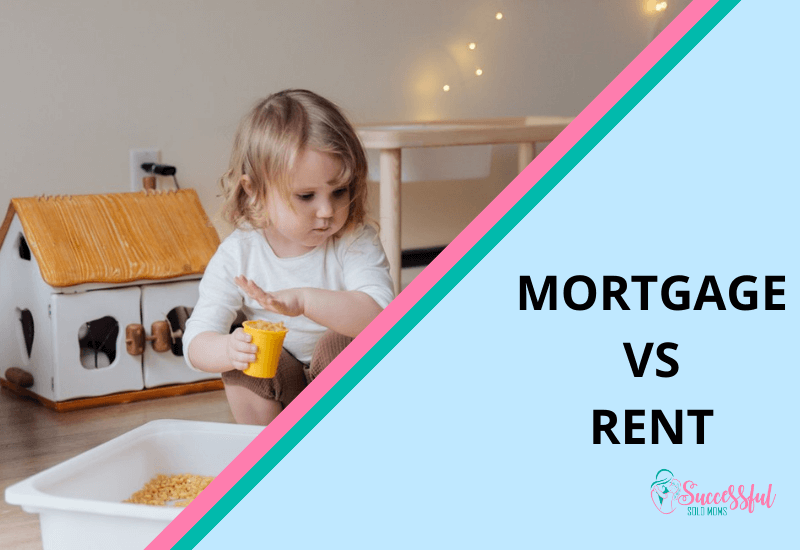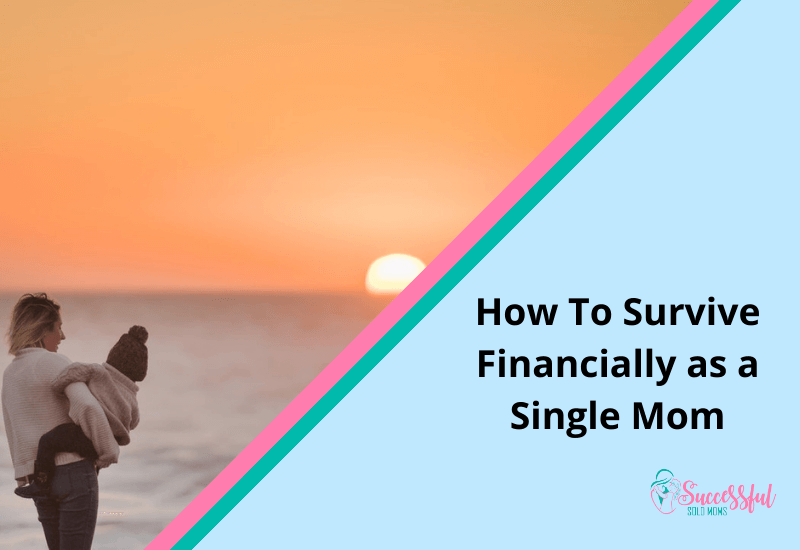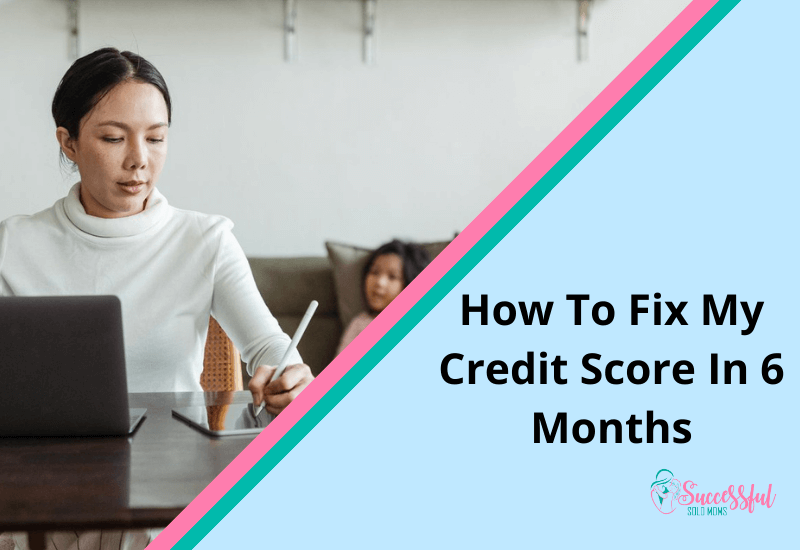Owning with a Mortgage
Mortgage is defined as “a legal agreement by which a bank or other creditor lends money at interest in exchange for taking title of the debtor’s property, with the condition that the conveyance of title becomes void upon the payment of the debt.”
What does that mean?
It means the lender, often a bank, allows you the funds to buy the property but in exchange you repay them within the conditions of the loan: with interest and timely. It also means they have the title or legal claim over the property until you meet all those conditions. When you do, you fully own the property, and their claim is released.
Budgeting a Mortgage
The repaying of a mortgage is through monthly installments that consist of interest, principal, tax, and insurance.
- The principal amount is the repayment of the original amount borrowed from the creditors.
- The interest is the cost of borrowing the principal amount which you can set within the lender’s offerings.
- The insurance or Property Mortgage Insurance (PMI) is for the protection of the creditor in case of loss if a borrower defaults.
- The insurance payments proceed to the hazard and mortgage insurance. The hazard insurance protects the creditor and borrower from property losses.
- As long as you’re not behind on your monthly payments, PMI gets terminated. It depends on if you’re at the midpoint of your loan in time or the loan-to-value reaches approximately 80%.
You also will need homeowner’s insurance. This is not included in the mortgage payment but is a must since unexpected disasters do happen.
Before purchasing, you will want to confirm if there are any Homeowner’s Association (HOA) fees, CCD fees, cluster fees, city fees, or any other mandated fees that you will need to pay monthly or annually. I tend to include these into my monthly budget so that I am not surprised. Defaulting on these also has serious implications…as my ex found out when he tried to go up against his HOA and lost.
What you Need Before Buying
- Fair Credit of Better
Here are the ranges. According to Rocket Mortgage, most conventional loans want you to have a 620 or higher while a USDA asks for 640. However, FHA and VA Loans start with 580.- Below 580: Poor
- 580 to 669: Fair
- 670 to 739: Good
- 740 to 799: Very Good
- Above 800: Exceptional
Keep in mind, the better your credit, the better your interest rate. If you think your credit score is lower than it should be then pull a report with Credit Karma or start cleaning up your records at the big three (Equifax®, Experian™ and TransUnion®). If records aren’t the issue, then you’ll want to do the research and take the time to bring these scores up before applying for a loan.
- Down payment
Some lenders will take you on with no down payment. However, some down payment is recommended. Really, 20% down is the target for most loans. It’s tough to save this much cash, but remember your PMI goes away after 20% is paid and whatever you finance will add to that minimum monthly payment. - Evidence of Income
Proof you can afford this house is required. Each lender is slightly different but many look for the principal payment to be only 26% of your monthly income. You will need to prove your income with W-2s, paystubs, bank statements and whatever else the lender asks for verification. Often, lenders ask for as much as two years of stable income as well, so keep that in mind too. - Good Debt to Income (DTI) Ratio
Your DTI basically measures how much of your income is taken by debt. To determine this percentage, add up your monthly payments on any credit cards, loans, car payments, etc. Divide that number by your gross monthly income (gross meaning prior to taxes and other expenses being deducted). The resulting percentage is your DTI. And you want your DTI to be 50% or less. - Cash for Closing
Yep! More savings. More Cash. Per Investopedia, closing costs are origination and underwriting of a mortgage, real estate commissions, taxes, insurance, and record filing. Payment for these is outside of the down payment. It is possible to roll this into the loan, but then, once again, that principal payment gets higher. You can anticipate at least up to 5% of the loan to be charged to you. But don’t forget your real estate agent’s fee too. These generally in my area are 6-6.5%. - Best Lender for You
Especially if this is your first time buying, you will want to shop lenders. Ask about their experience and their fees. Ask them for an estimate of your closing costs and their methods for locking in the lowest interest rate for you.
Wrap Up
Please know, these tips are based on my personal experiences and may vary for you. So do you research and discuss with your advisors.
Need more information on Renting with an Agreement or want to compare Buying -vs- Owning? Check out these other articles for more!




